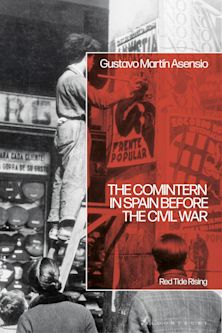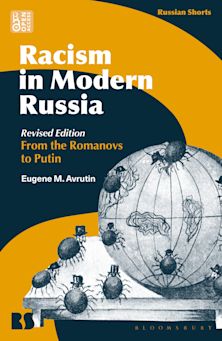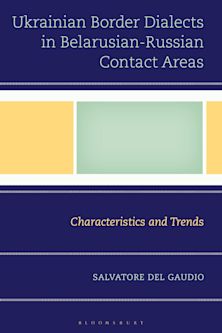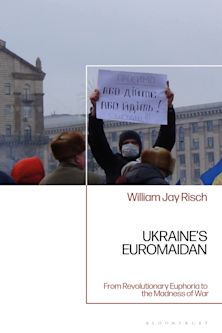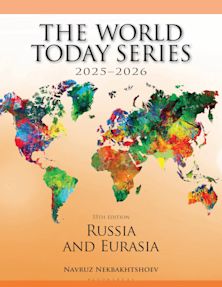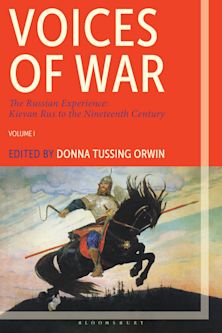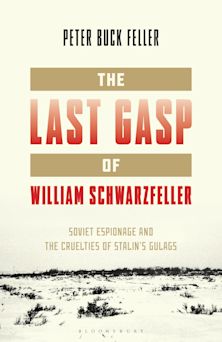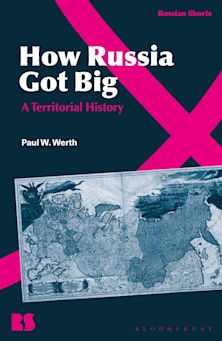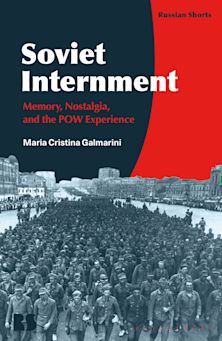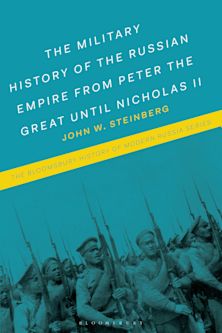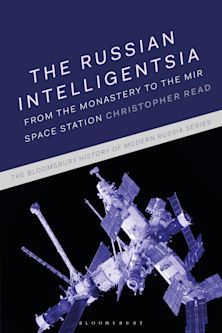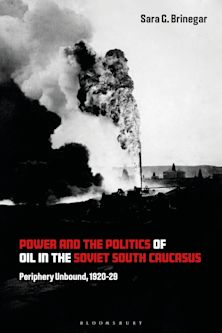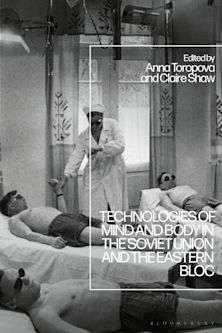The Soviet Invasion of Czechoslovakia in 1968
The Russian Perspective
The Soviet Invasion of Czechoslovakia in 1968
The Russian Perspective
This product is usually dispatched within 1 week
- Delivery and returns info
-
Free CA delivery on orders $40 or over
Description
The edited collection is the first attempt to take a more coherent look at the Russian perception of the Prague Spring and the Warsaw Pact occupation of Czechoslovakia in August 1968. The publication is therefore a collection of interviews, memoirs and academic studies focusing on Russian soldiers, dissidents and journalists involved in and affected by the Soviet invasion.
The book begins with a focus on the Soviet soldiers who came to Czechoslovakia. It depicts their inner world and the mighty machinery of the Soviet propaganda to which they were exposed.
The Archive supplement offers a fresh look at the role of KGB and the Soviet embassy in the Czechoslovak events of August 1968 by Russian historians Nikita Petrov and Olga Pavlenko.
The second part presents the Soviet journalists living in Prague in 1968 who supported the Prague Spring and subsequently paid for their stance by being deported and losing their job.
The last part of the book focuses on the kinship that the Soviet liberal intelligentsia and dissident movement, which emerged while Leonid Brezhnev was tightening the screws in the USSR in late 1960s, felt toward events in Prague, which for them represented one of the last hopes for change. It begins with the study of the Czech researcher Tomas Glanc exploring the different reactions on Prague Spring and August 1968 invasion among the Soviet inteligentsia. Interviews with former Soviet dissidents Lyudmila Alexeeva and Natalia Gorbanevskaya follow. As a supplement, the diary of the ordinary Soviet citizen Elvira Filipovich is included.
Table of Contents
Chapter 1: We Came to Carry Out a Mission: Soviet Soldiers and Their Views of the Invasion by Daniel Povolný
Chapter 2: We Saved the World from a Third World War: An Interview with General Pavel Kosenko by Josef Pazderka
Chapter 3: Of Course It Makes One Feel Sorry: An Interview with General Eduard Vorobyev by Josef Pazderka
Chapter 4: We Were Uninvited Guests: A Soviet Paratrooper Recalls the Invasion by Josef Pazderka
Chapter 5: Unrest in the Backwoods. On some Psychological Aspects in the Perception of the 1968 Events in the Periphery of Russia by Leonid Shinkarev
Chapter 6: The Events in Czechoslovakia and the Soviet Embassy in Prague in 1967-68 by Olga Pavlenko
Chapter 7: KGB and the Czechoslovak crisis of 1968 by Nikita V. Petrov
Chapter 8: The Fate of Some Russian Journalists in August 1968 by Dmitry Beloshevsky
Chapter 9: “1968 Changed Us”: An Interview with Vladimir Lukin by Josef
Product details
| Published | Jul 23 2019 |
|---|---|
| Format | Hardback |
| Edition | 1st |
| Extent | 304 |
| ISBN | 9781793602923 |
| Imprint | Lexington Books |
| Illustrations | 55 b/w photos; 1 tables; |
| Dimensions | 232 x 158 mm |
| Series | The Harvard Cold War Studies Book Series |
| Publisher | Bloomsbury Publishing |
Reviews

ONLINE RESOURCES
Bloomsbury Collections
This book is available on Bloomsbury Collections where your library has access.














